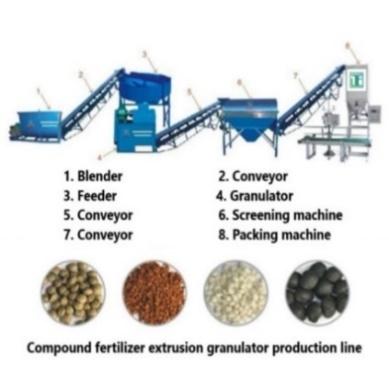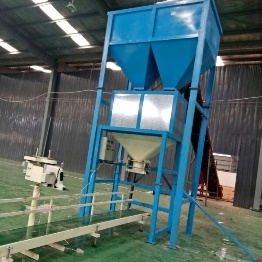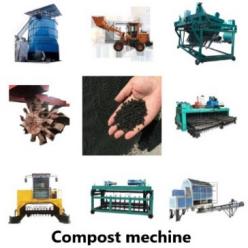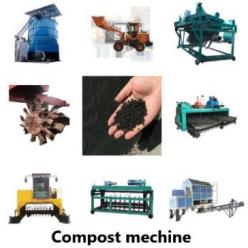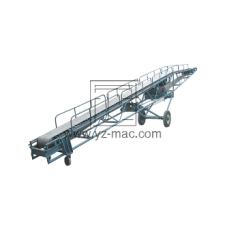Machine for compost
A compost machine, also known as a composting system or composting equipment. These machines are designed to accelerate the composting process, converting organic materials into nutrient-rich compost through controlled decomposition.
Benefits of a Compost Machine:
Efficient Organic Waste Processing: Compost machines provide a highly efficient method for processing organic waste materials. They significantly reduce the time required for decomposition compared to traditional composting methods, enabling faster production of compost.
Waste Volume Reduction: Compost machines break down organic waste materials, such as food scraps, yard trimmings, and agricultural residues, resulting in a significant reduction in waste volume. This reduces the need for storage space and minimizes transportation requirements.
Environmentally Friendly: By diverting organic waste from landfills, compost machines contribute to waste management practices that are more environmentally friendly. Composting reduces greenhouse gas emissions associated with landfilling, promotes resource conservation, and helps mitigate climate change.
Nutrient-Rich Compost Production: Compost machines create high-quality compost that is rich in nutrients, organic matter, and beneficial microorganisms. This nutrient-rich compost can be used to improve soil fertility, enhance plant growth, and support sustainable agriculture and horticulture practices.
Working Principle of a Compost Machine:
Compost machines operate on the principle of controlled decomposition. They create an optimized environment for organic waste breakdown by providing the ideal conditions of temperature, moisture, and oxygen. The machines may incorporate features such as mixing systems, temperature sensors, and aeration mechanisms to ensure proper composting conditions.
Applications of Compost Machines:
Municipal and Commercial Composting: Compost machines are extensively used in larger-scale composting operations, including municipal composting facilities and commercial composting sites. These machines can handle significant volumes of organic waste from households, businesses, and industries, helping municipalities and businesses achieve their waste management goals.
Agricultural and Farming Operations: Compost machines have valuable applications in agricultural and farming operations. They can process crop residues, livestock manure, and other agricultural waste, converting them into nutrient-rich compost. The compost can then be used as a soil amendment to enhance soil fertility, improve crop yields, and reduce the reliance on synthetic fertilizers.
Landscaping and Horticulture: Compost machines play a vital role in the landscaping and horticulture industry. They can process green waste, such as grass clippings, leaves, and tree trimmings, producing high-quality compost that is used for soil improvement, mulching, and landscaping projects.
Compost machines are revolutionizing organic waste management by providing efficient and environmentally friendly solutions for converting organic waste into nutrient-rich compost. These machines offer numerous benefits, including efficient waste processing, waste volume reduction, environmental sustainability, and the production of high-quality compost.



